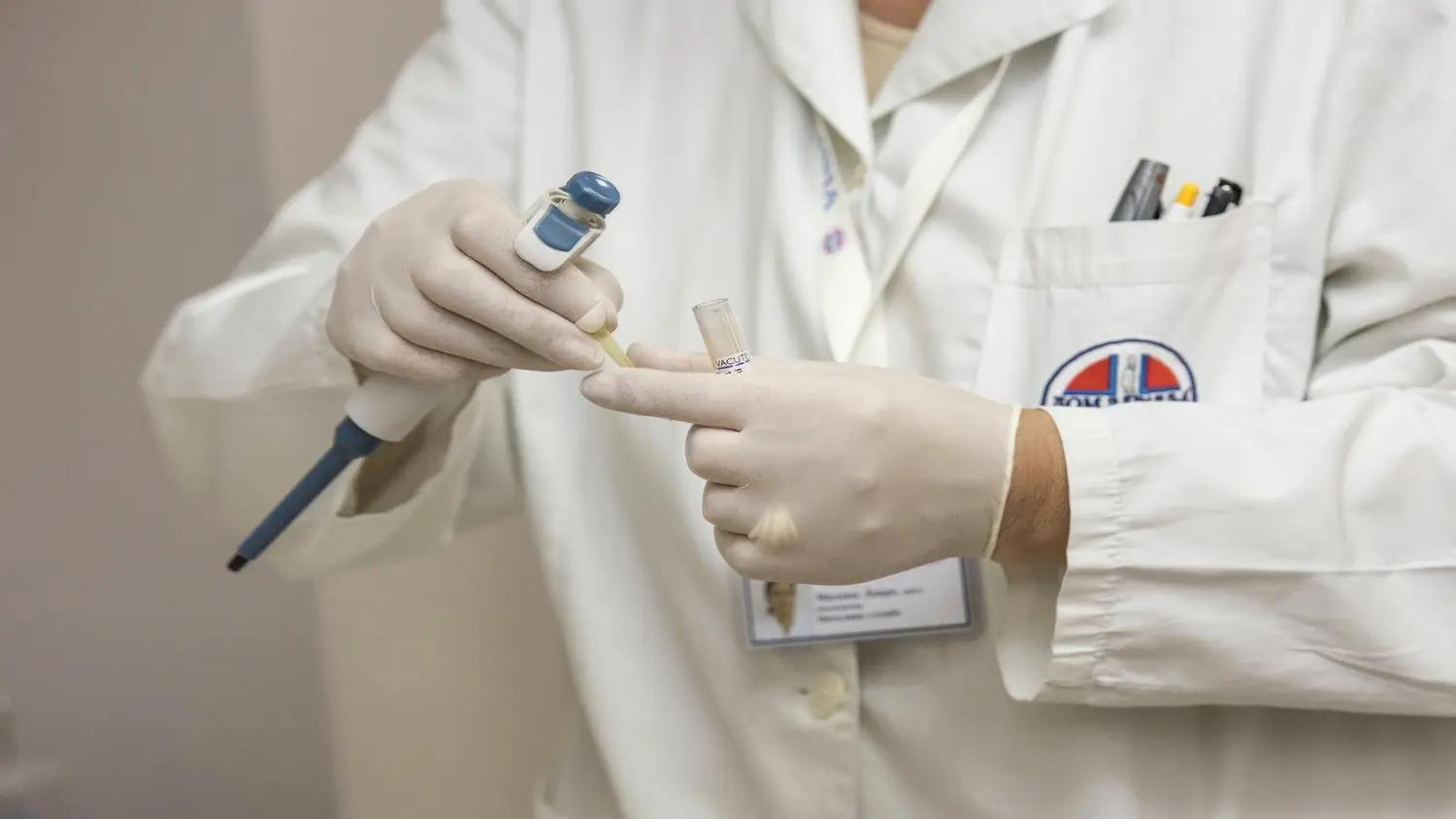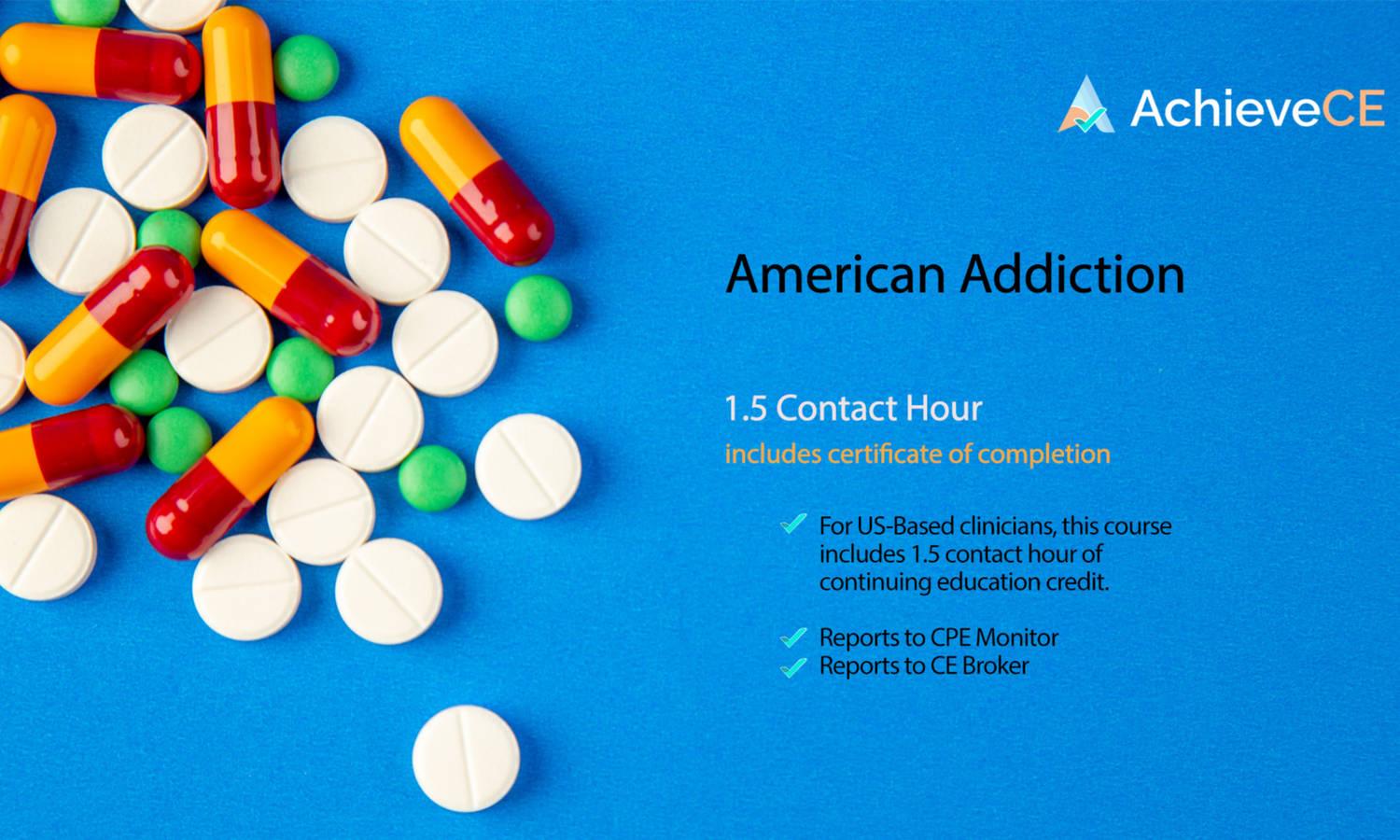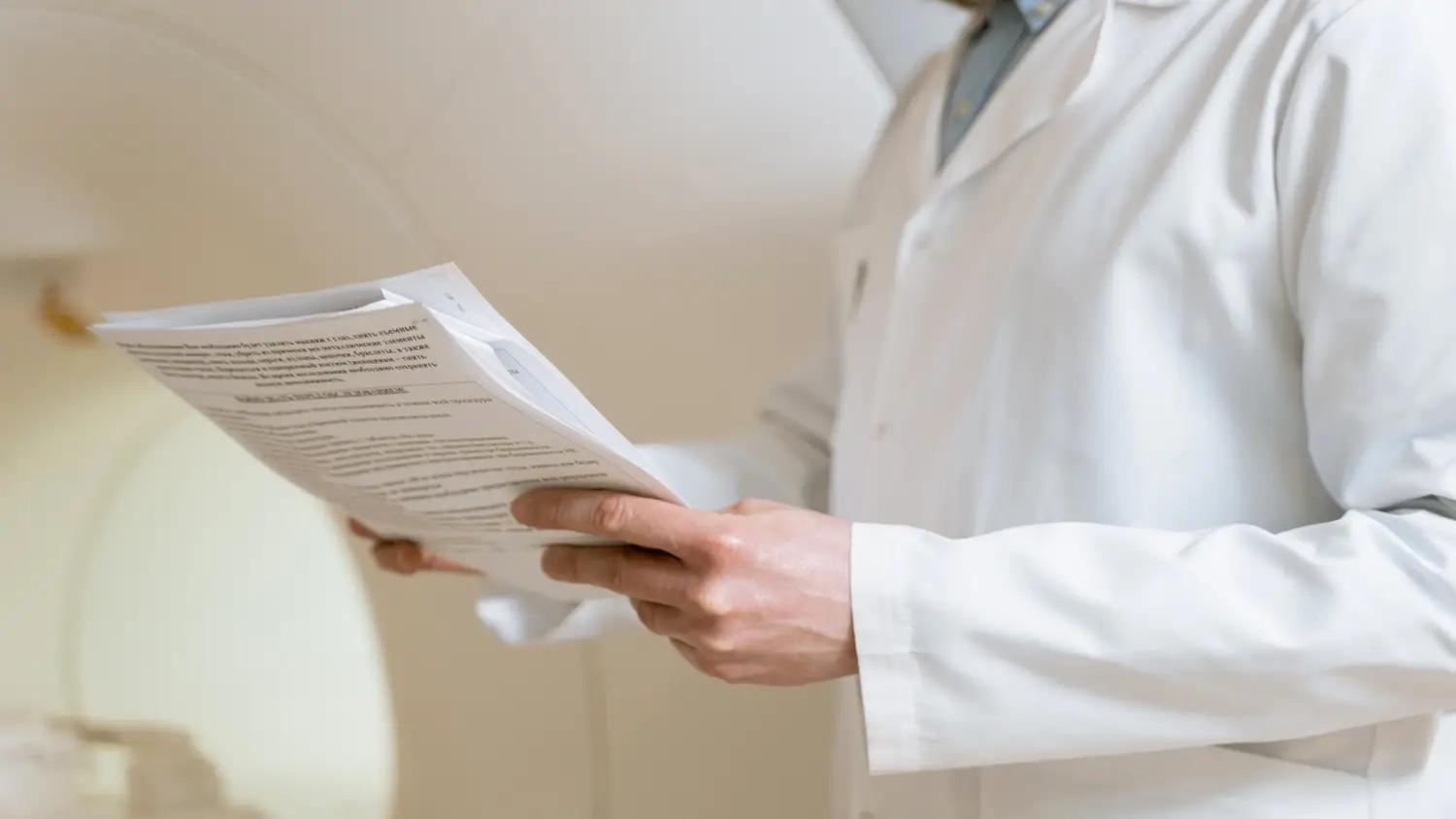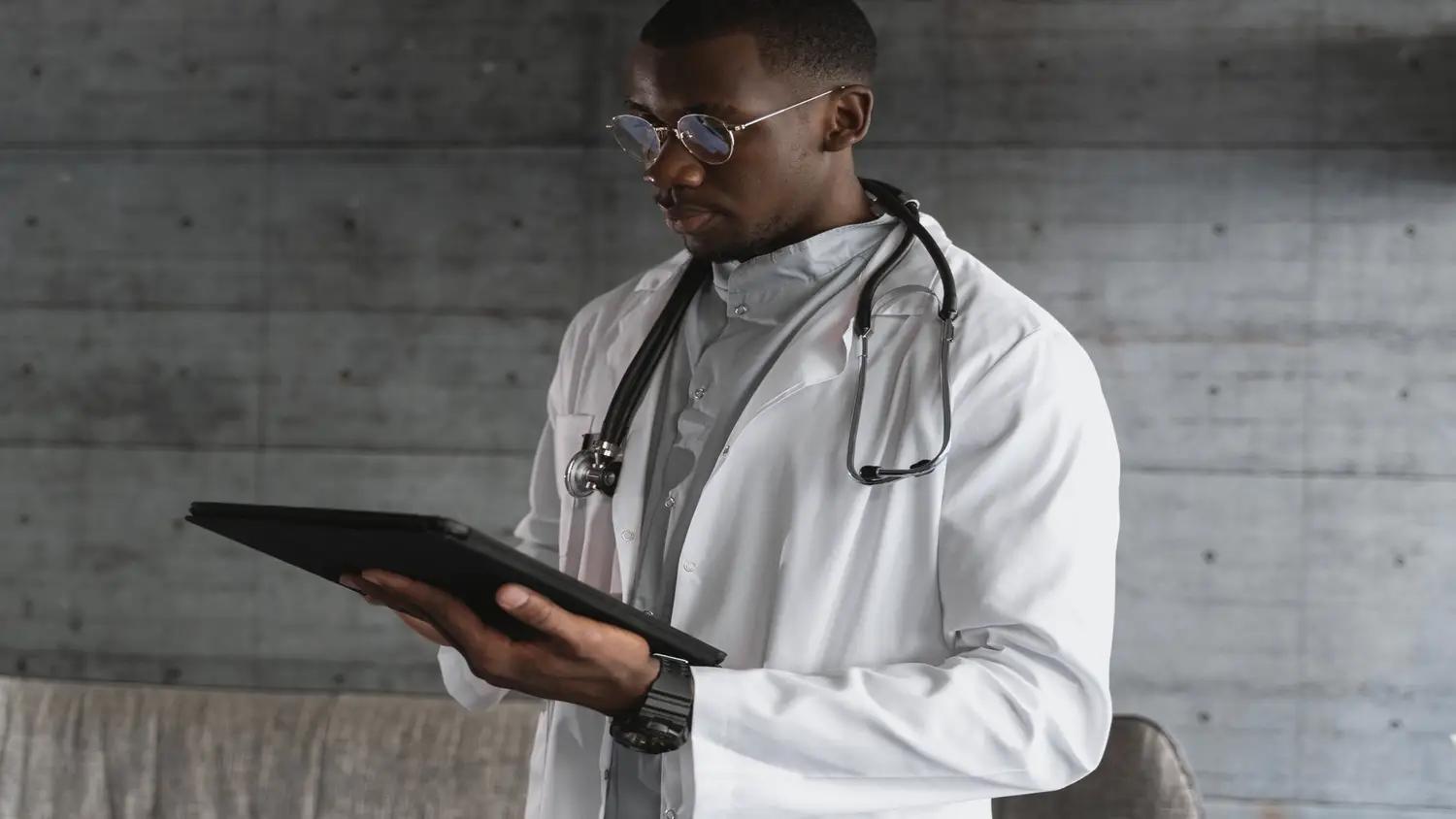
The Mental Health Professional's Role in Prevention and Mitigation of Police Violence and Burnout
The Mental Health Professional's Role in Prevention and Mitigation of Police Violence and Burnout is organized by National Board of Forensic Evaluators (NBFE), Inc..
StartDate:12 Apr 2022
End Date: 03 Oct 2050
Description:
The death of George Floyd, as well as numerous other violent and tragic encounters with police caught on camera, have sparked increased awareness and interest in police violence, racial injustice, and the need for police reform.
Statistics related to police violence, racial injustice, and police burnout yield alarming, puzzling, and perhaps seemingly contradictory findings. For example, police have killed 781 people in 2020 and Black people were about twice as likely as White people to be killed. Minority neighborhoods are disproportionately patrolled by police officers.
On the other hand, the populist "defund the police" slogan is murky, with the majority of racial and ethnic minorities in the U.S. stating that they do not want a reduced police presence in their neighborhoods. Meanwhile, violence against police officers, as well as suicide rates among their ranks, is on the rise.
In addition to implicit racial bias and systemic racism, police burnout has been cited as one contributor to police violence, and police burnout may be rising at the present time in relation to increased demands on police officers during periods of civil unrest, especially in larger metropolitan areas.
How can mental health professionals play a role in reducing police violence against American minorities as well as reducing police burnout? In this 1.5--hour webinar, three forensic mental health experts offers three strategies that mental health professionals can use to prevent and mitigate police violence and burnout.
Learning Objectives:
• Identify components of "fitness for duty" evaluations for police officer candidates.
• Describe models in which mental health professionals respond alongside police officers at mental health-related calls.
• Provide counseling interventions aimed at reducing and ameliorating police violence and burnout.










